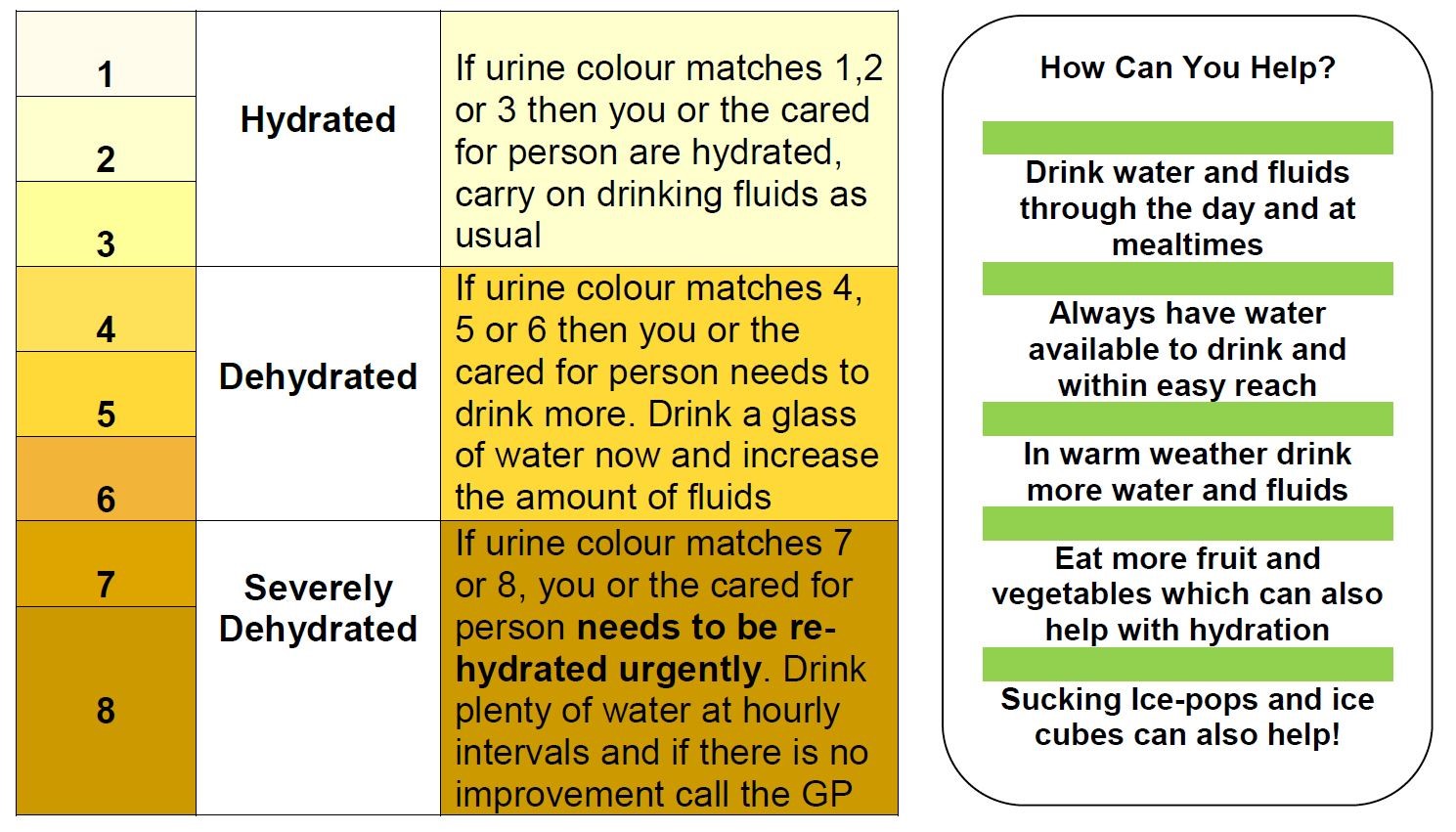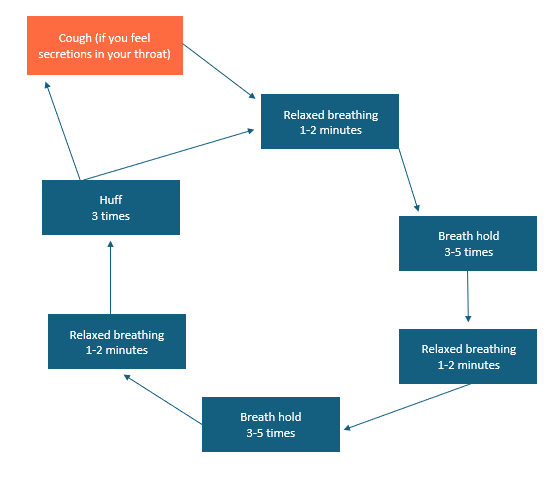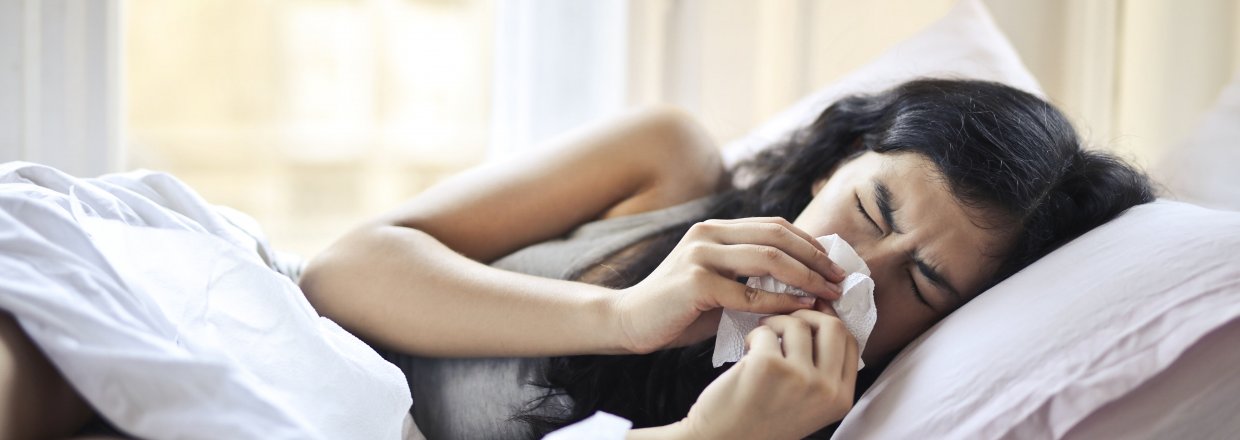Following any period of illness, it will take time to get back on your feet, but there are steps that you can follow to promote a speedy and full recovery from respiratory illness.
As we are all adjusting to new ways of life to help fight the spread of coronavirus (COVID-19), figures suggest that a significant amount of the UK population will eventually contract the respiratory virus. Stats show that 80% of us may experience mild coronavirus symptoms similar to a common cold or flu.
Ascenti Physiotherapist, Chris Stokes, provides advice on recovery following a respiratory illness like coronavirus. This advice should only be followed if you feel well enough and have experienced mild symptoms of this infection, or another illness such as the cold or flu.
If you have been hospitalised please follow the instructions provided to you by your doctor and/or nurses.
Coronavirus symptoms
Reported symptoms of coronavirus include:
- Feeling generally unwell
- A high temperature and feeling hot to touch on your chest or back
- A new, continuous cough
- Loss or change to your sense of smell
- Muscular aches and pains
- Increasing breathlessness
- Chest tightness and wheeze
- Feeling generally more tired
You can read the latest guidance about how to check for symptoms and contacting NHS services here.
How to manage and treat symptoms
Currently there is no formal treatment or vaccine for COVID-19.
Providing you have mild symptoms, you should treat the symptoms at home and try to stay as generally healthy as you can. Here some tips to help manage and treat these symptoms.
Take paracetamol
This will help to reduce your temperature and ease the muscular aches. Paracetamol can be taken every 4-6 hours up to a maximum of four times per day. Always take medication as instructed on the box or as prescribed by your doctor.
Avoid wearing heavy warm clothing
If you have a temperature but feel cold avoid wearing heavy warm clothing, this can potentially increase your temperature making you feel worse. Instead it is better to opt for multiple lighter layers that you can add or remove as your fever allows.
Stay hydrated
Being well hydrated has many benefits, one of which is in relation to the mucus that is produced by the lungs.
This mucus is approximately 80% water, when we become dehydrated these secretions (discharges) become thicker and harder to clear, as such becoming a home for viruses and bacteria to breed and potentially resulting in an infection.
You should aim to drink at least 1.5-2 litres of water per day. An easy way to tell if you are adequately hydrated is by checking the colour of your urine. You should be passing clear water twice a day. Use the below diagram to help monitor this.

Fuel your body with the food it needs
Whilst you are unwell you may often find that your appetite is reduced, but it is important you continue to eat as well as possible.
For your body to function at the best of its ability it is important to provide the vitamins and minerals needed, which will help to promote your recovery.
If you feel off your food completely then eat little and often through the day. Read more about how to fuel your body well with a balanced diet here.
Chest clearance
The active cycle of breathing technique (ACBT) is used to help move secretions, also called mucus, from your lungs so that you can easily cough them up with a single cough.
Completing some form of chest clearance every day has three phases:
1. The first phase is relaxed breathing. This is exactly what it sounds like: slow relaxed breathing. Take a normal breath in through your nose, breathing in your tummy and the breathe back out through your nose.
2. The second phase is a breath hold. To do this take a slow deep breath in through your nose until you can’t fit any more air into your lungs. Hold this breath in for three seconds then breathe back out through your nose.
3. The third phase is a huff. A huff is used in place of coughing and is a more efficient way of clearing secretions from your chest. To huff, take a breath in through your nose then do a slightly forced breath out through your mouth with your mouth open. This is like trying to steam up a mirror.
The only time you should cough is if you feel there is something at the back of your throat that you can clear with a single cough.
Complete ACBT as a cycle which you will find guidance about below. This should be completed twice a day. You should complete ACBT in a comfortable sitting position for at least 15 minutes.
If you find you are particularly struggling to clear your chest then try doing ACBT lying flat on your right side for 10 minutes followed by 10 minutes on your left side.

Stay active
When you feel unwell it is very easy to stay in bed all day to wait until you feel better.
Doing regular activity and breaking up long periods of sitting or lying down is important as it helps your body to stay in good condition and to function at its best.
Do something every day to stay active, by doing something as simple as breaking up long periods of lying down with standing and moving around.
It is OK to be slightly out of breath when keeping active. This will improve your lung health by helping to maintain your fitness levels and will also help to clear lung secretions, or mucus.
Recovery post infection
The majority of patients who catch COVID-19 will only experience mild symptoms and make a full recovery. However, it is very normal to feel a little run down and tired after any viral infection. This is called post viral fatigue and it’s a result of how hard the body has had to work to fight off the virus.
During this time it is important to manage your expectations of day to day activities. The best way to achieve this is through a practice known as pacing.
Pacing is the breaking down of activities and tasks during your day into small, more easily achievable chunks. This will enable you to accomplish more without overdoing it and paying the price for working too hard later that day or even the following day.
An example of this could be vacuuming; normally you may vacuum your entire house in an hour. When you pace this activity, you will allow much more time for this task and break it down into smaller tasks. This could be that you vacuum one room at a time followed by rest.
Post viral fatigue can often last more than 6 weeks. During this time it is important to follow the advice of healthcare professionals such as your; GP, practice nurse or physiotherapist about how best to manage your symptoms during an infection, especially with regards to hydration, diet and gentle exercise.
Summary
It is worth reiterating that a majority of people that have had, or will catch, coronavirus will only develop very mild symptoms. By looking after yourself whilst you are unwell and in the weeks following you may be able to reduce the overall impact that this novel virus may have on you. If you have any questions or concerns regarding your recovery from coronavirus then contact your GP, who will be able to help safely guide you through your recovery.
For those who have developed more severe symptoms or have been admitted to hospital then it is worth seeking input from your GP. They can help guide you through the recovery process further and if necessary refer you to the appropriate services that may be available, such as community physiotherapy, occupational therapists and nurses, or to the community mental health teams within your area.
